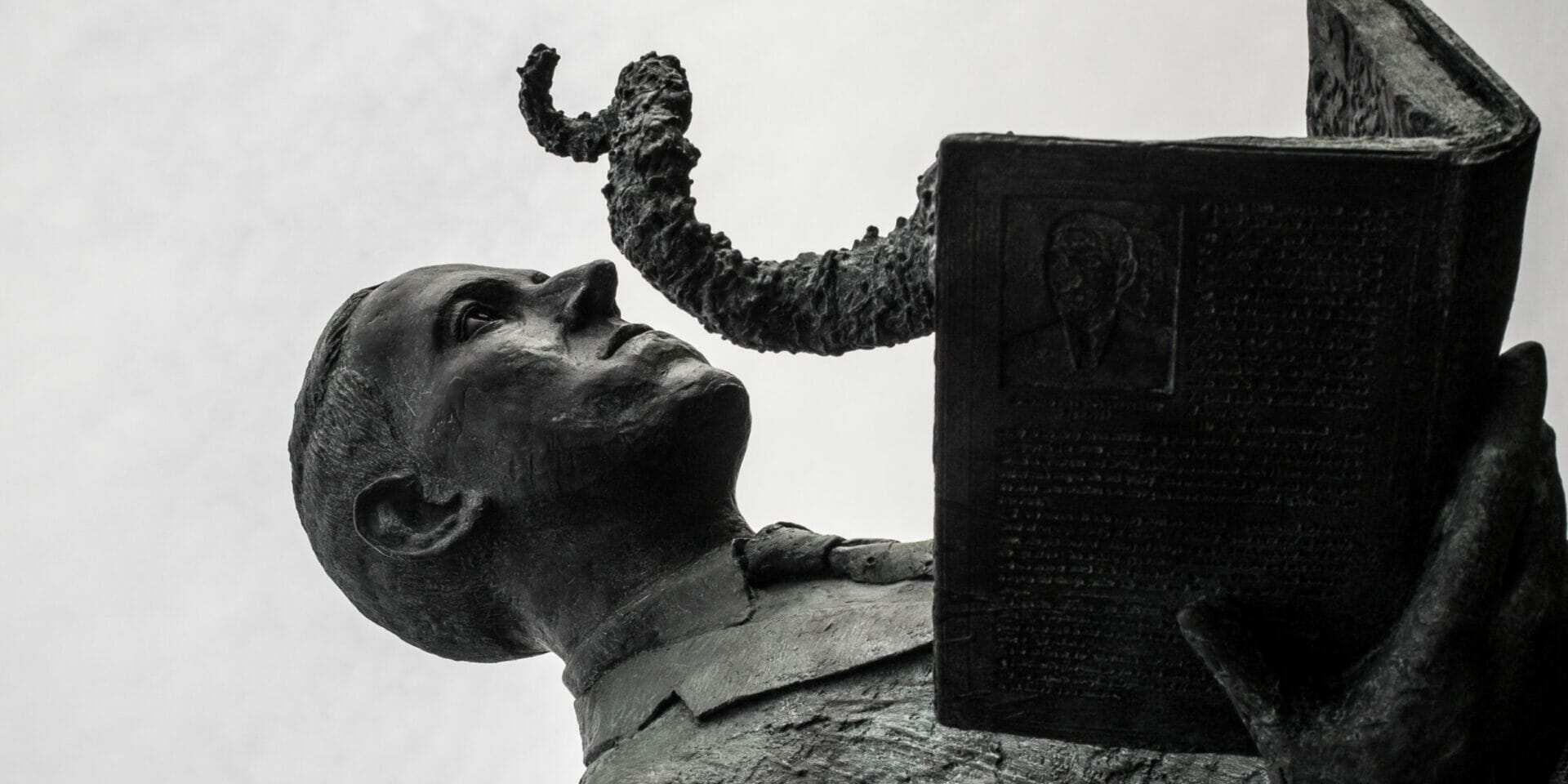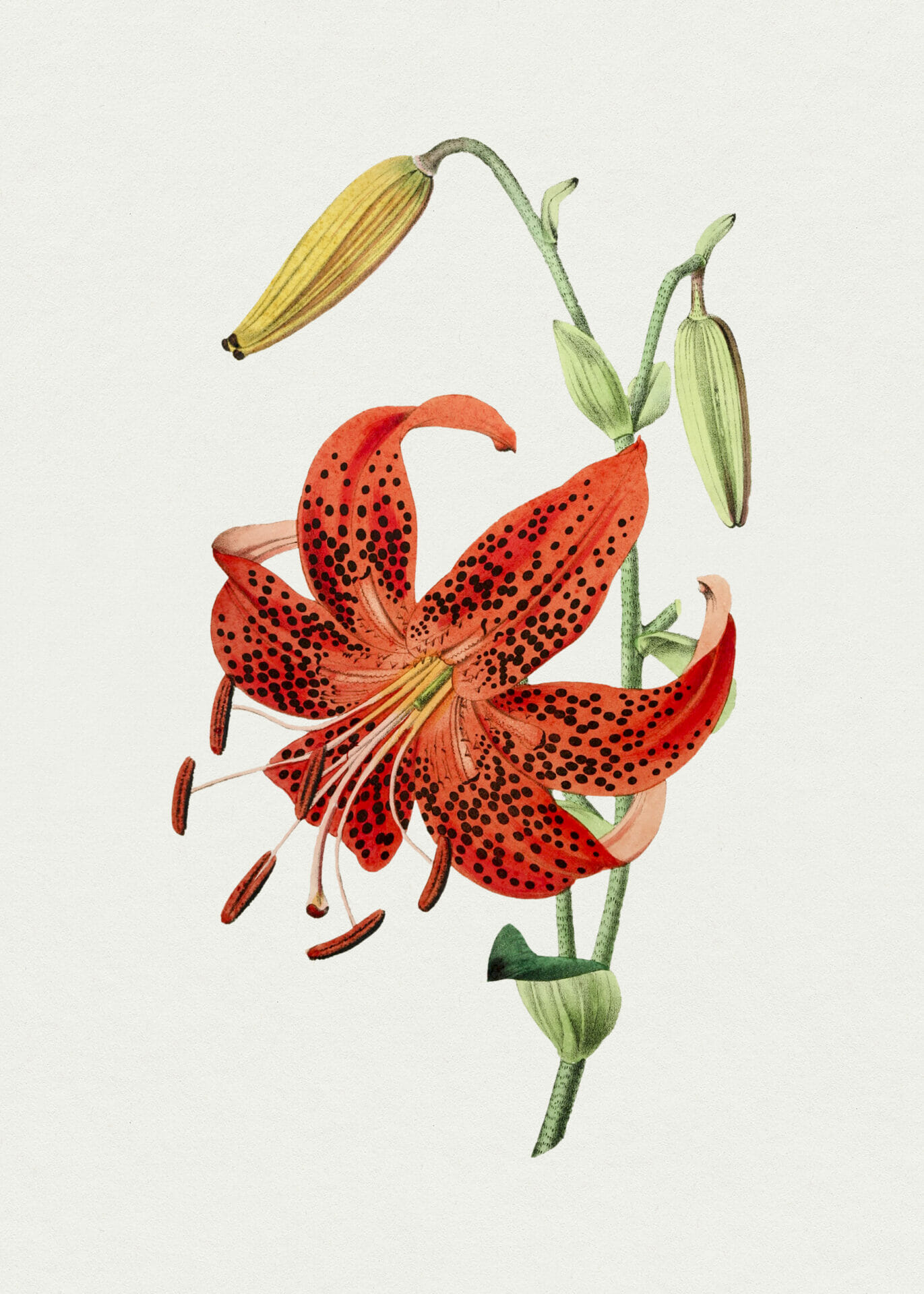
Oxygen in my tents | Amelia Rosselli’s side of the story
Author
Year
Format
The most iconic play in literature starts with the appearance of a ghost. In the first scene of William Shakespeare’s Hamlet, the night guards worry in front of King Hamlet’s spirit. His apparition is a woeful omen to them, standing for Denmark’s future tragedies. The archetype of the ghost of the dead father spans centuries and reaches the Italian poetry of the Seventies. Oxygen in my tents, from her 1976 book Documento, enacts Amelia Rosselli’s conversation with a shadow, her father’s. But, in this case, the ghost is not a disturbing presence. Rosselli, on the contrary, craves to evoke his closeness.
a message that remained there in the void
as if to a shadow it did not carry a message
of good wishes the tenant who is me: your
daughter, in a petrified forest.
Amelia Rosselli’s conversation with a shadow
Everything takes place as a psychological projection: the emptiness of the father’s absence becomes the last channel of communication with him. During this long conversation with the shadow, Rosselli herself becomes almost unreal. This narrative situation has its roots in the personal history of the poet. Due to the repression of the Fascist Regime, her life was connected to a tragic family chronicle. Her father was the anti-fascist hero Carlo Rosselli, who was murdered in France, together with his brother Nello Rosselli, on the orders of Benito Mussolini. It was 1937: his daughter was seven years old.
The fecund infirmity
In 1959 the Italian poet Giorgio Caproni carried out a similar poetic operation. In his collection Il seme del piangere (The seed of crying) he evokes the figure of his mother as a young woman. But, while he uses an easy and harmonious speech, Amelia Rosselli’s poetry is much more cryptic. In the preface to the Italian edition of Amelia Rosselli’s works, first published in 1997 by the publishing house Garzanti, another Italian poet, Giovanni Giudici, focuses on her original use of language. In her poetry, mistakes are neither persecuted nor expelled. The whole mechanism of her writing is built by paronomasias: words recall words with similar sounds and completely different meanings. Through – or maybe despite – this anarchical method, her poetry builds up her own meaning. Giudici defined the potent mix between her multilingualism, her mental illness, and her irreverence in her publications as the “fecund infirmity.”
Documento: the dark side of history
The book’s title, Documento (Document), borrows a word from historiography. In this way, Amelia Rosselli claims the right to give voice to her own version of the story. In fact, the tragedy of her family had a glorious space in history: her father and uncle were the symbols of the fight against Fascism. But the psychological trauma that these events had produced in the survivors of the victims did not. Rosselli’s mental disease and derangement – that will lead her to suicide in 1996 – far from bringing her glory, could instead be a reason for discrimination in the literary world. Through her poetry, Rosselli gives voice to the dark side of history that no one seemed to care about. In addition, she claims the relevance of the ego: the facts of the soul and the psyche are events as much as the historical ones. They too demand their narration.
[…] You watch me
and in the step that connects us there is above all
the quintessence of God; his ranting
if not really love, something
greater […]
Tag
Buy a ☕ for Hypercritic









